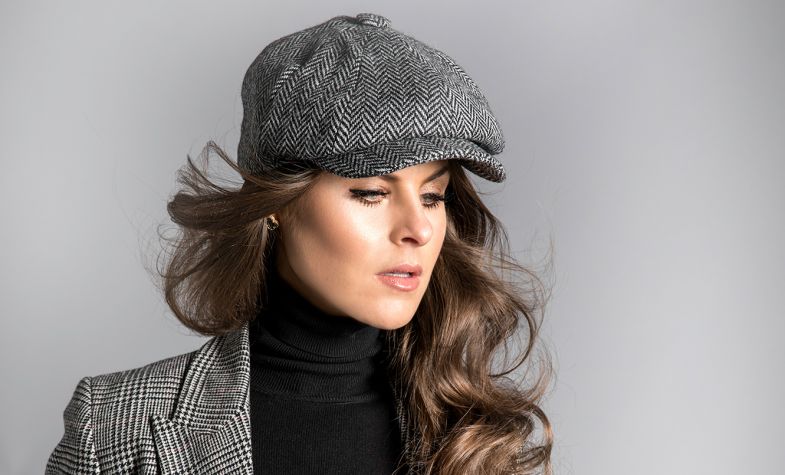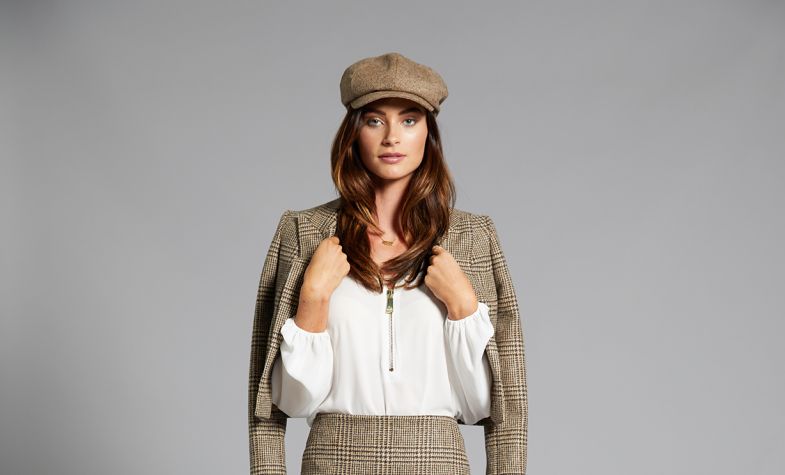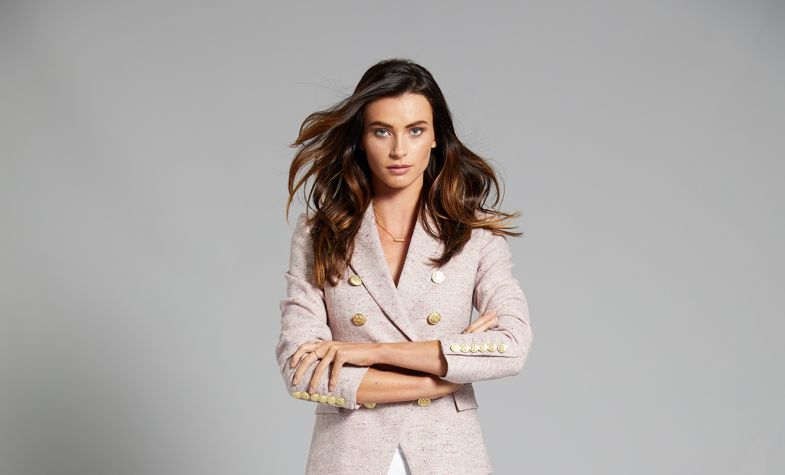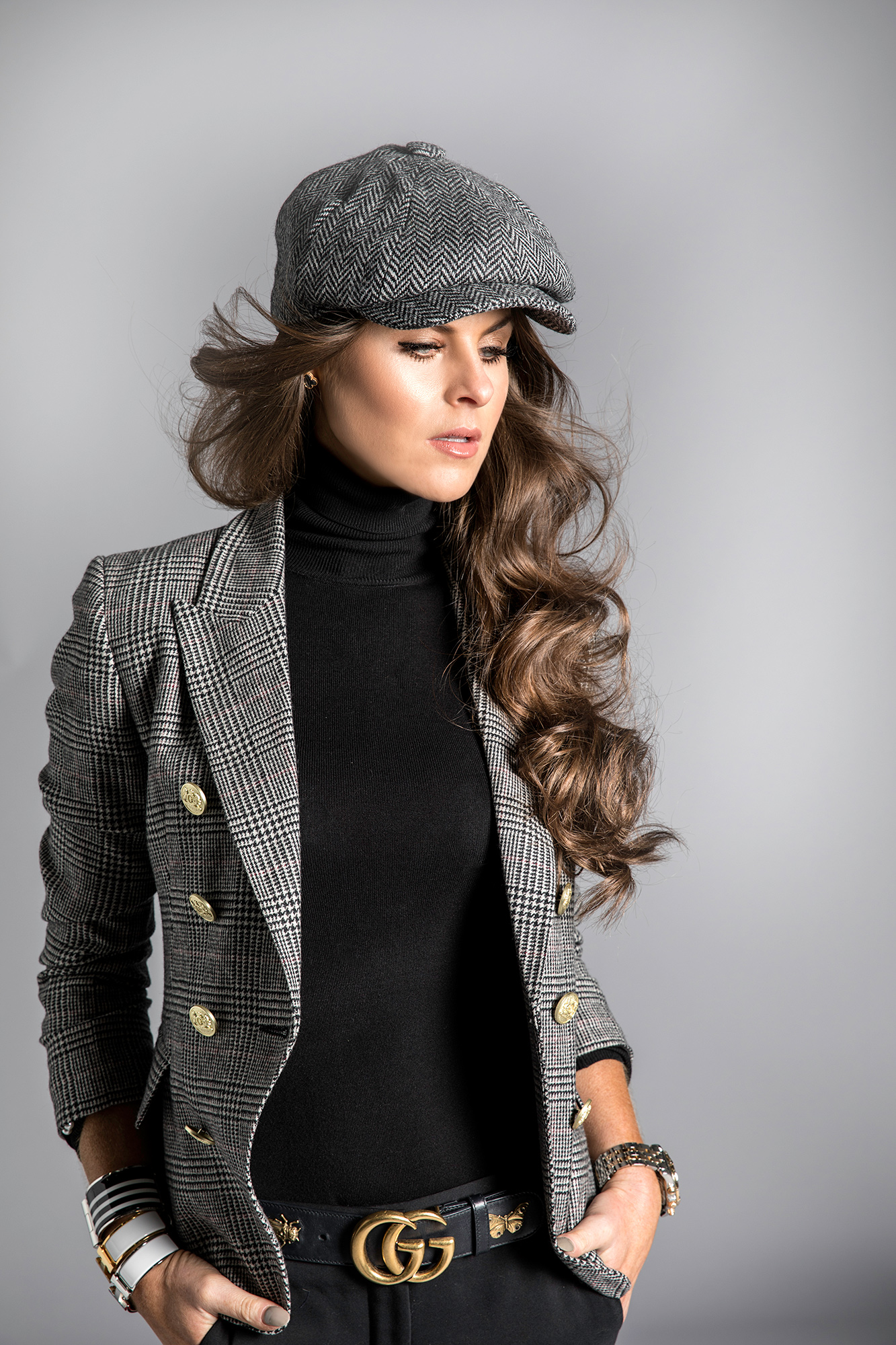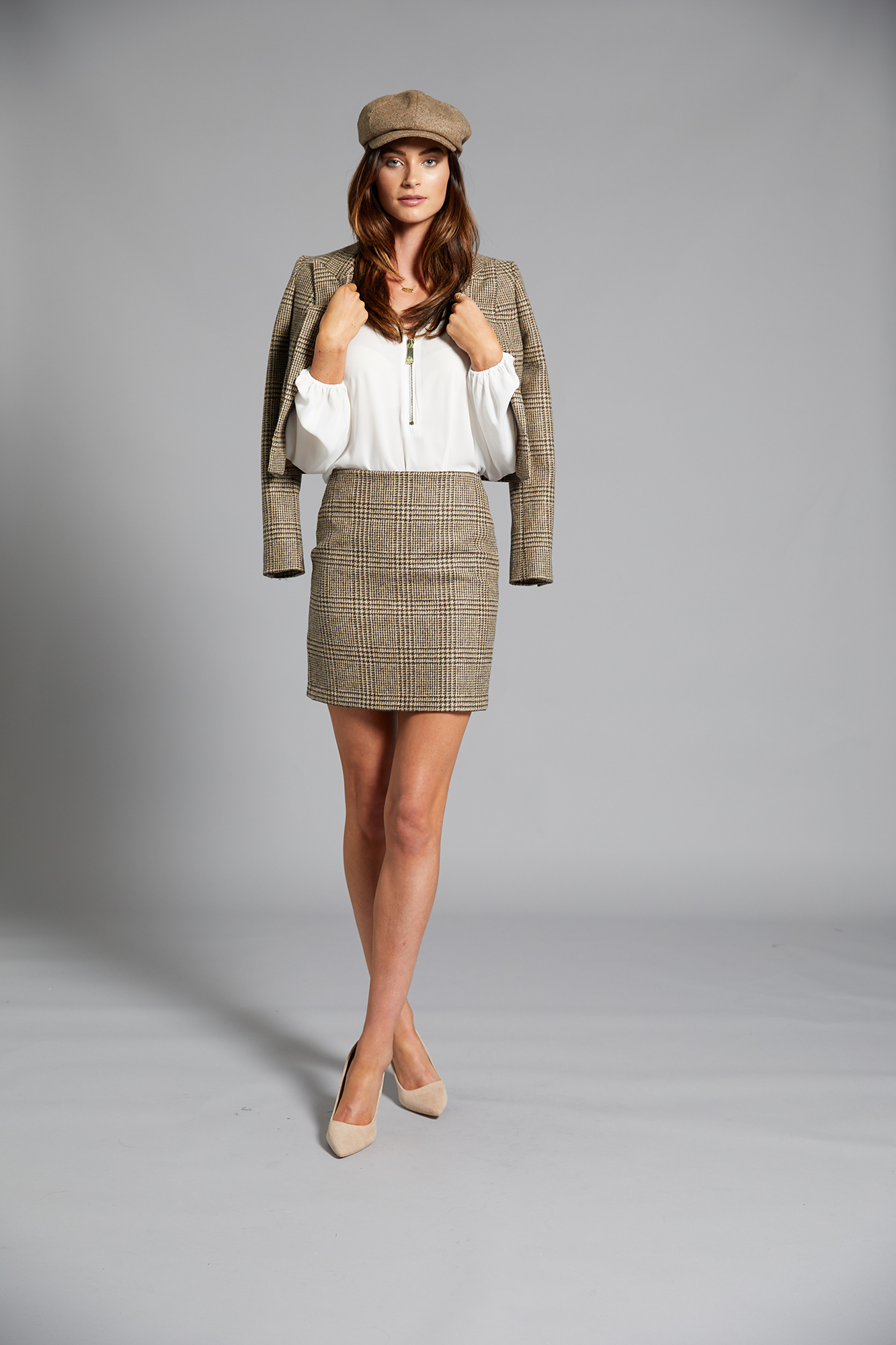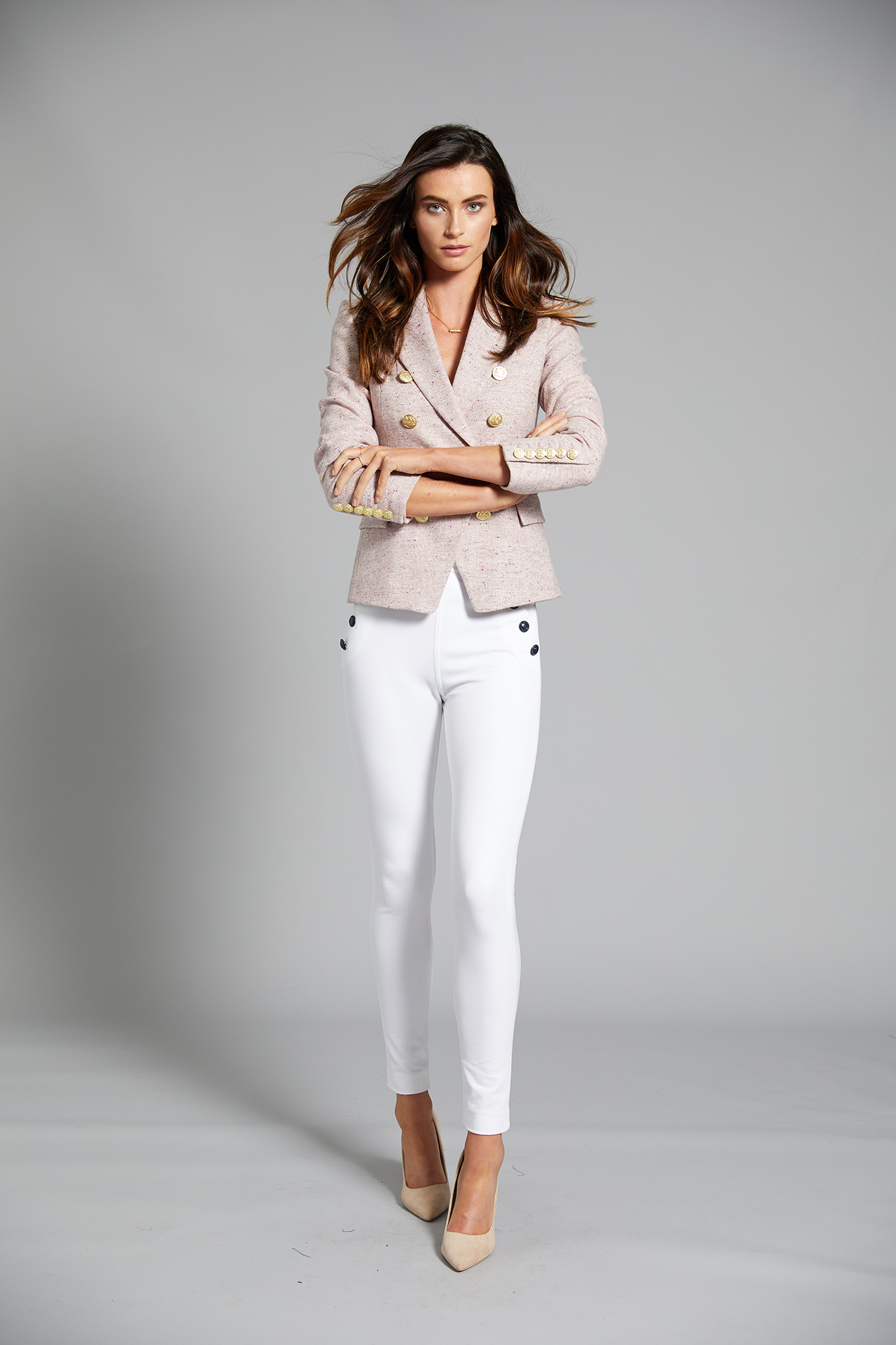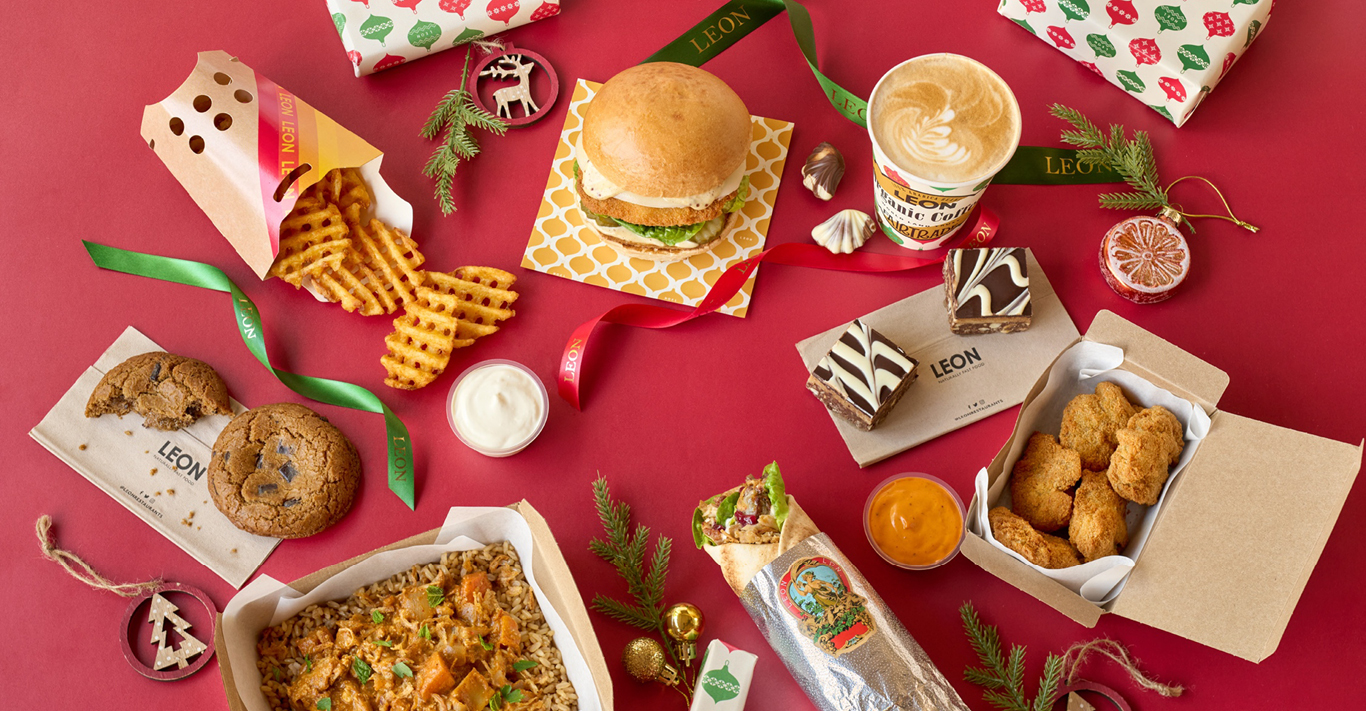I’m passionate about the countryside. I grew up on an arable farm in Suffolk in among beautiful local villages. My father is a farmer and my mother worked as a couturier in London and Paris. I suppose it was their influences that meant when I left school I had to choose between a place at fashion college or at agricultural college.
I chose agriculture and enrolled in the Royal Agricultural College in Cirencester, but soon realised I wanted to do something else. It seemed to me that I could learn how to run a farm from my dad if I wanted to, without spending time studying it in a classroom. Instead, what started to preoccupy me was the whole idea of what people wear in the country, and the so-called town and countryside divide when it comes to fashion.
I was 20 years old and going to lots of social events in the countryside, such as horse trials and to polo matches. My mother was a keen horsewoman, so I grew up in the pony club, of course. As a young woman interested in fashion, it struck me that there really wasn’t that much out there that was stylish and had a countryside influence.
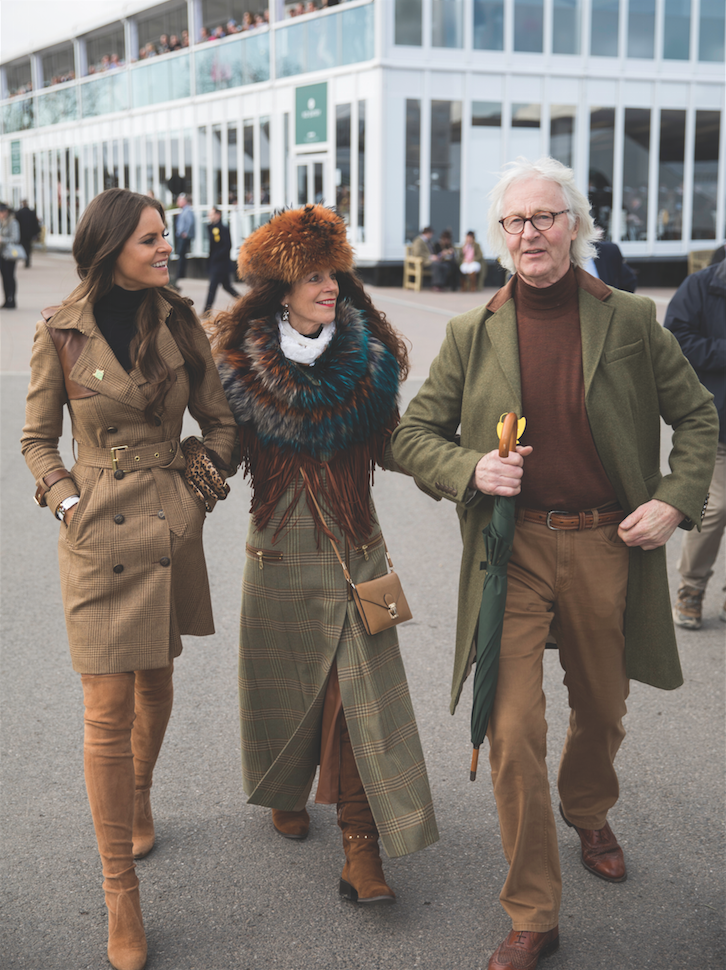
I also began to realise that the town and country barrier was being eroded as more and more people had homes in both. Now that I am based in the Cotswolds, that couldn’t be more apparent. Plenty of people split their time between there and London. Take a place like Cheltenham, which has amazing arts festivals and horseracing. The consumer there is sophisticated and cultured, and has experience of both an urban and a rural environment. So, what can they wear to reflect that? To, in a sense, bridge the style gap left by metropolitan brands that overlook the countryside?
At the age of 21, I came up with the idea of Holland Cooper. My friends said I was crazy when I said I wanted to start a business – they were all still at university – but I just knew there was something to be done. In fact, I’ve always been interested in business; I started my first when I was seven – selling eggs. I had 30 hens, and the other day I found my first notebook with records of variable costs and profit. Clearly the commercial side of things already held an appeal, even back then.
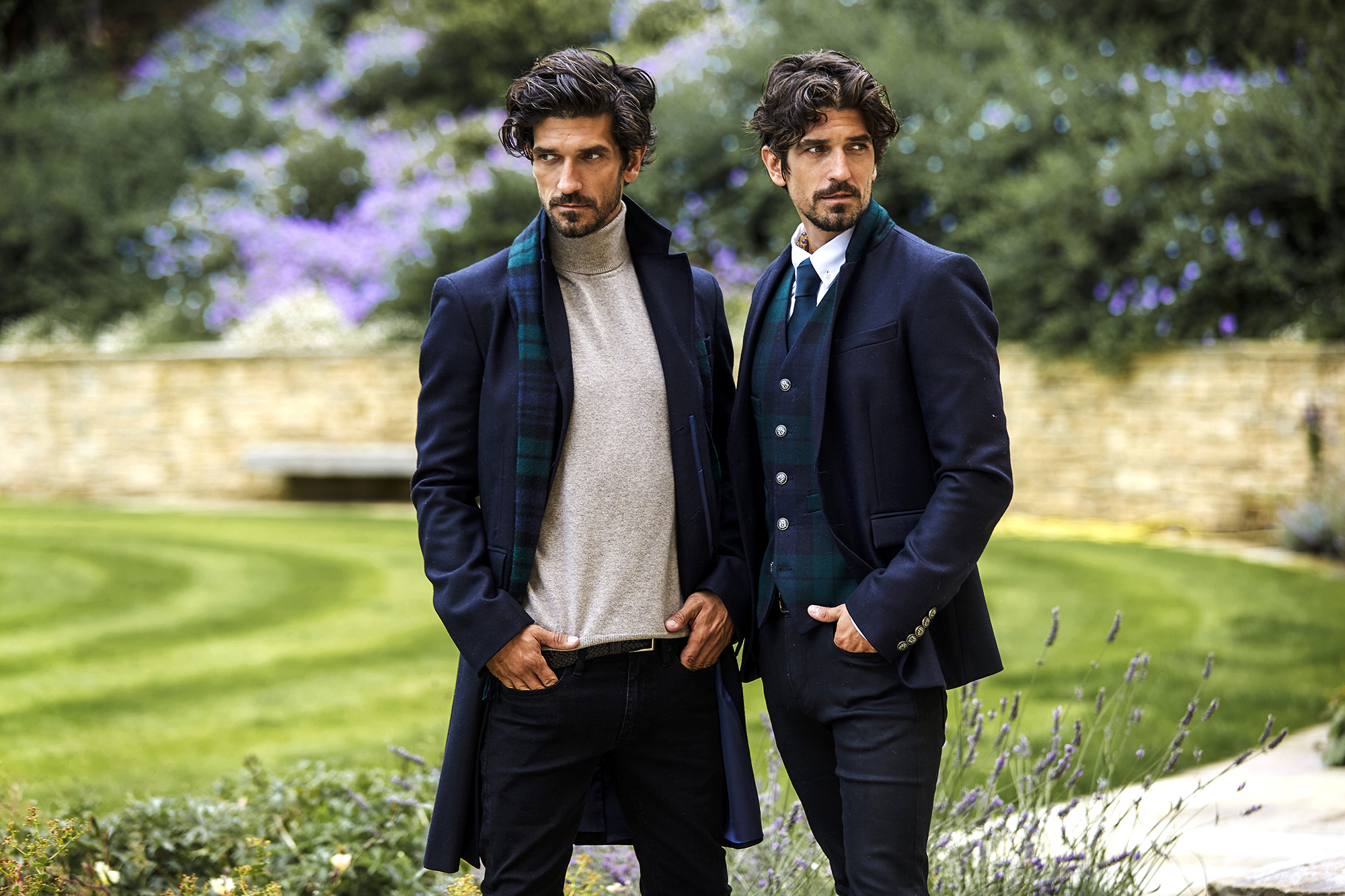
My plan was to take classic country pieces and make them more appealing for a younger, more fashionable customer. Tweed made in Scotland, cut leaner, and sharper, into chic jackets; capes made short and neat so they look modern and work at music festivals as much as at horse trials; leather trousers that can be worn in Chelsea or Cheltenham; scarves and baker boy hats that keep you warm but look stylish.
A decade on, and I’m pleased to say I’ve proved my friends wrong. Holland Cooper is still going strong. In fact, self-funded from the start, I am proud to say we have grown into a £10 million business. And I’ve achieved lots of things I know people thought I couldn’t do. For example, we produce in England, and I’ve discovered that UK manufacturing can provide great quality and be flexible and reactive. I’ve also successfully hired people twice my age and managed them effectively. I’ve learnt about finance too – my father gave me the best piece of advice early on when he said I should combine great design creativity with sound accounting, and should have a handle on them both.
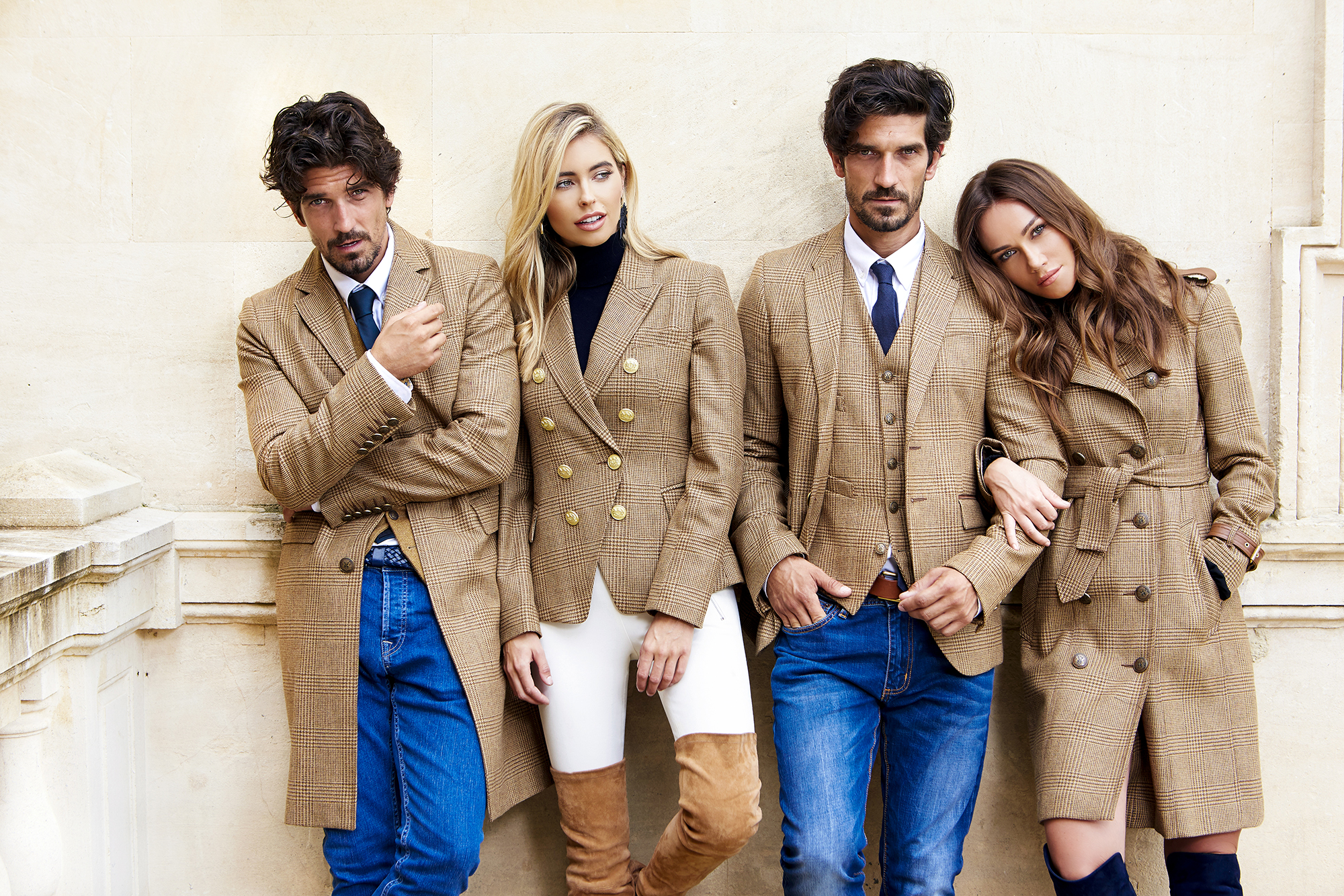
We’ve become the best-performing brand in Harrods on the 5th floor, purchased 800,000 meters of British tweed this year alone and we are one of the UK’s leading buyers of British wool. I’ve launched an in-house apprentice scheme to support young people who want to get into the fashion industry. Celebrities are wearing the brand and we now have three stores of our own and a plan to open five more as franchises soon, to add to a thriving wholesale business.
I should also add that I have learnt to deal effectively with an often-patronising attitude from men who, no doubt partly because of my youth, clearly had me down as some sort of bimbo dreamer. A few minutes into a business meeting, and their attitude changed remarkably. You shouldn’t have to put up with that sort of thing, but the best way to combat it is simply to show you absolutely know what you are talking about.
So, as Holland Cooper turns 10 years old I feel I have learnt so much. But the reality of being an entrepreneur is that you never stop learning. Perhaps that’s the appeal but then again, it is also the hardest thing: you need to keep growing. And you can never stop.

